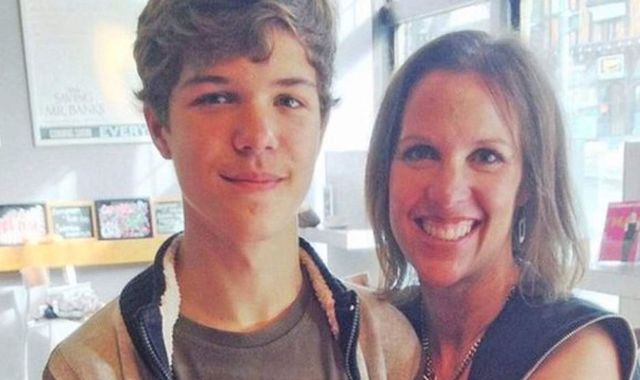Children at risk waiting for social media grooming law
Written by News on 11/09/2019
Sexual predators are increasingly grooming children online using social media platforms.


The number of grooming cases has increased by 36% since last year, according to a report by the NSPCC, with at least 70% carried out on the likes of Instagram and Facebook.
The report by the NSPCC shows 34% of the sexual grooming offences involve Instagram – more than any other online platform and up from a fifth of cases the previous year.
And 20% of the children targeted were under 12 years old. Some were just pre-school age.
In April, the government launched an online harms white paper which would introduce independent regulation of social networks, with tough sanctions if they fail to keep children safe on their platforms.
Tony Stower, the head of child safety online at the NSPCC, said children are facing unprecedented risk while waiting for the law to be introduced.
“These sites allow groomers to have access to large numbers of children and then move them to encrypted platforms where law enforcement can’t take action.
“The companies aren’t stepping up to the plate. That’s why it’s so important that government brings in legislation as quickly as possible after the Queen’s Speech.”
Lorin LaFave’s son Breck Bednar was murdered five years ago by someone he had considered a good friend.
Breck, 14, met the man gaming online with friends but it turned out they knew nothing about him.
“Everyone online is a stranger,” she said.
“It doesn’t mean they’re all bad… It means we don’t know who they are and Breck hadn’t had those lessons. He hadn’t had lessons about grooming or exploitation.”
His killer, Lewis Daynes, aged 19 at the time, lured Breck to his home and murdered him before calling Essex Police to tell them. He will spend at least 25 years in prison for his crime.
In the meantime, Ms LaFave is on a mission to educate young people on how to keep safe online after setting up The Breck Foundation just two weeks after his death.
She said: “As the police investigation unfolded there were dozens of people, including myself, who could have done something different if only they were educated and empowered to understand the signs of grooming and to report and act on it.
“I want together, collectively, for us as a community to stop these people in their tracks.”
The NSPCC wants young people’s accounts to default to the highest privacy settings, with location information off, contact details private and livestreaming limited to people they know.
Facebook, which also owns Instagram and WhatsApp, said in a statement: “There is no place for grooming or child exploitation on our platforms and we use technology to proactively find and quickly remove it.
“We also investigate reports from the community with a content and security team of over 30,000 people who respond to reports 24/7.”
A government spokesman said: “We have taken strong action to tackle this vile abuse, from developing AI tools to identify and block grooming conversations to our online harms white paper, which will place a legal duty of care on social media companies to protect their users.”
But the reality is, the predators keep finding ways to prey on their next victim. The best hope is preparing those children to spot it.
(c) Sky News 2019: Children at risk waiting for social media grooming law







